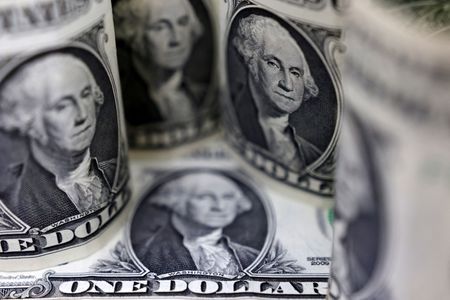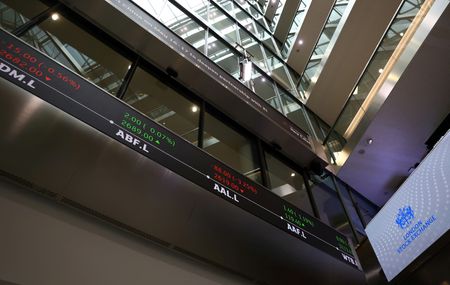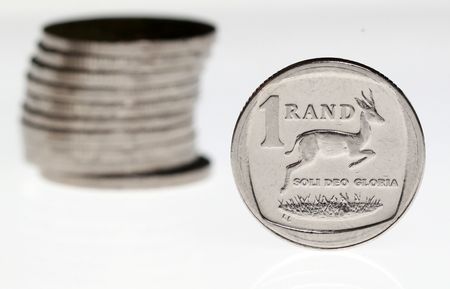By Duncan Miriri and George Obulutsa
NAIROBI (Reuters) -Kenya’s finance minister on Thursday cut the budget deficit for the next fiscal year by two percentage points and pledged to keep subsidising petrol to cushion consumers from high prices.
The East African nation, which is the region’s biggest and richest economy, will have a budget deficit of 6.2% of GDP in the financial year to July, Ukur Yatani told parliament in his budget speech, down from 8.1% of GDP this fiscal year.
“Recourse to commercial borrowing has been maintained at minimum levels,” Yatani said, adding the emphasis will be on low interest rates offered by partners like the World Bank.
Yatani was presenting President Uhuru Kenyatta’s last budget two months earlier than usual because of an election scheduled for Aug. 9, in which the president must stand down after serving the constitutionally allowed two five-year terms.
The economy will grow by 6% this year from an estimated 7.6% in 2021, the minister said.
Annual growth is bouncing back after the effects of the COVID-19 pandemic sent it to its first contraction in nearly three decades in 2020.
But the mood among citizens has been soured by rocketing prices of basic commodities, such as petrol and wheat flour, partly driven by the impact of Russia’s invasion of Ukraine.
“Commodities prices have risen very high,” said David Wambele, who hawks flat bread in the low-income Pipeline suburb of Nairobi.
In common with other small traders in the area, he has been forced to lower the quality of his flat bread to keep selling it at 20 shillings, which most people in the neighborhood can afford.
“We must compromise on the quality by squeezing the dough to make some little profit.” he said.
To try to protect hard-hit citizens, Yatani refrained from raising taxes on essential goods, and touted the government’s fuel and fertiliser subsidies programs.
“The government remains committed to provide adequate resources to mitigate the rising cost of fuel,” he said.
Analysts said it was unclear how the government intended to lower the budget deficit, while raising total expenditure by 200 billion shillings ($1.74 billion), and factoring in 50 billion shillings from additional tax measures.
“I don’t see how they are going to make the books balance,” said Nikhil Hira, partner at Kody Africa LLP, a Nairobi-based tax advisory.
($1 = 115.2000 Kenyan shillings)
(Reporting by George Obulutsa and Duncan Miriri;Additional reporting by Thomas Mukoya;Editing by James Macharia Chege and Barbara Lewis)









